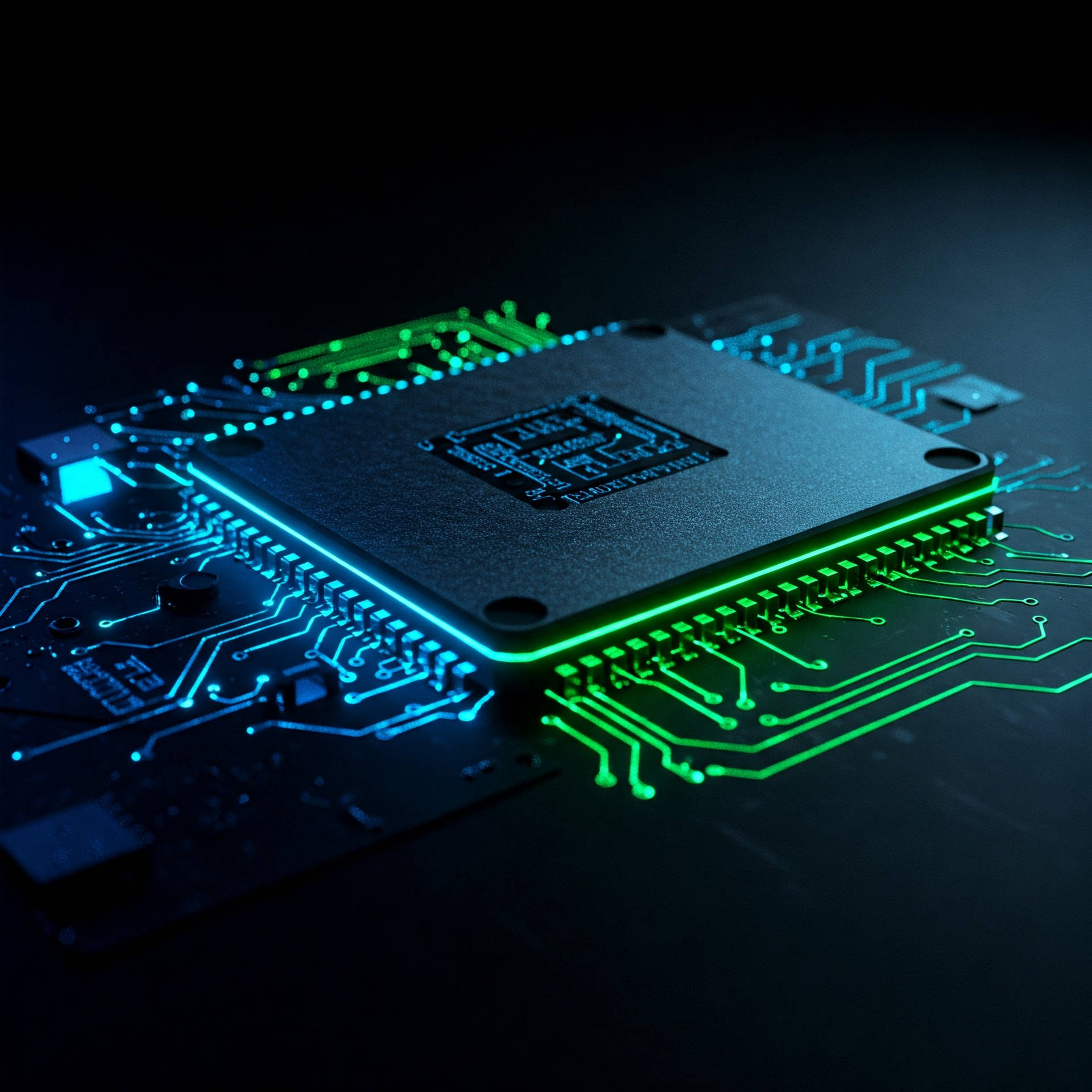In a groundbreaking development, artificial intelligence (AI) has demonstrated its prowess in designing highly advanced and intricate chips within mere hours, leaving researchers in awe. A recent study by engineers at Princeton University and the Indian Institute of Technology revealed that AI models are now capable of generating chip designs that surpass human comprehension.
The research focused on challenging AI to design mm-Wave chips, essential components in 5G modems and smartphones. Traditionally, the complexity and miniaturization requirements of these chips posed significant hurdles for human designers. However, AI has successfully overcome these obstacles, delivering innovative solutions.
A professor of electrical and computer engineering at Princeton University expressed astonishment at the AI’s approach, stating, ‘The AI’s methodology is so complex that humans cannot fully grasp it.’ Despite this, the AI-designed chips exhibited superior performance compared to existing models. Furthermore, the researchers were astounded by the AI’s remarkable creativity in chip design, showcasing its ability to push the boundaries of technological innovation.
This breakthrough signifies a paradigm shift in chip design, highlighting AI’s potential to revolutionize the electronics industry. As AI continues to evolve, we can expect even more remarkable advancements in chip technology, paving the way for faster, more efficient, and more powerful electronic devices.









